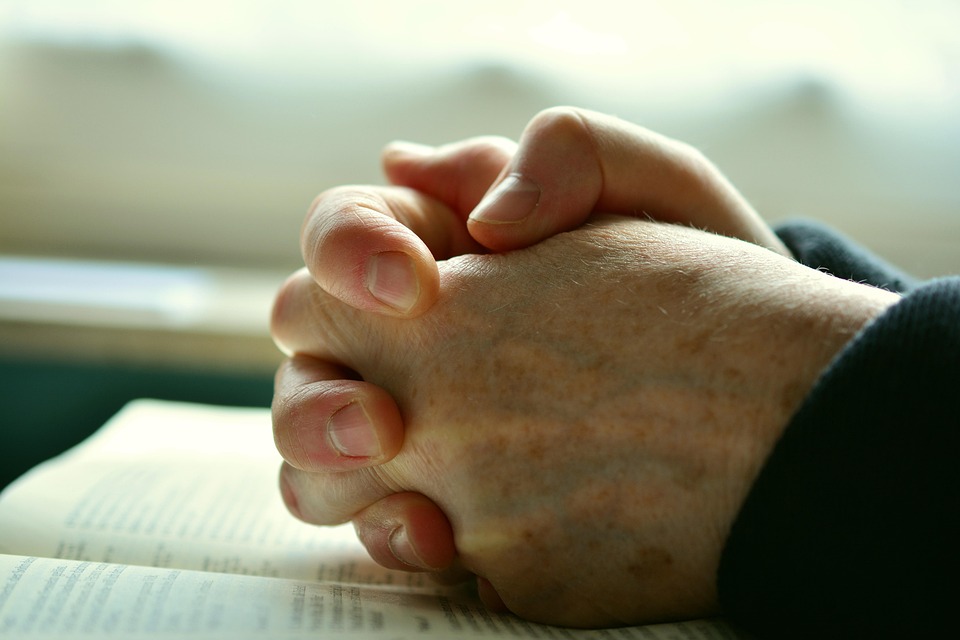The Bahá’í Faith, a global religion founded in the 19th century, embraces the essential concept of prayer as a means of cultivating spiritual depth and healing. The teachings of Bahá’u’lláh, the founder of the Bahá’í Faith, lay a profound emphasis on the transformative power of prayer, reflecting an intricate interplay between spirituality, the human condition, and healing. These teachings invite contemplation on both the nature of prayer and its potential to instigate healing on personal and communal levels. Can one truly understand the efficacy of prayer without engaging deeply with its principles?
Prayer in the Bahá’í context transcends mere supplication; it embodies a pathway toward spiritual communion. The purpose of prayer, as elucidated in Bahá’í writings, serves both as an individual endeavor and a communal activity. It invites adherents to engage with the divine while facilitating a connection with the broader human family. The unique Bahá’í prayer format combines both the formal and informal, incorporating set prayers and personal supplications, underscoring the flexibility within its practice.
The function of prayer extends beyond the act itself; it cultivates a spirit of humility, acknowledgment, and surrender to a higher power. By articulating one’s thoughts and feelings through prayer, an individual solidifies their recognition of the limitations of human understanding. In an era marked by rapid advancement and superficial engagements, the contemplative discipline of prayer offers an antidote—a retreat into the sanctuary of one’s spirit.
Within the Bahá’í teachings, the efficacy of prayer is closely intertwined with the notion of intention. The reverence with which one approaches prayer significantly impacts its transformative potential. A deliberate and sincere intention—as simple as seeking solace, guidance, or expressing gratitude—enhances the capability of prayer to act as a catalyst for healing. The myriad challenges of modern life often obscure the potential benefits of such spiritual practices, making the intentionality behind prayer a subject worthy of scrutiny. How does one cultivate this genuine intention amidst life’s distractions?
Moreover, healing in Bahá’í thought encompasses a multifaceted approach. It is perceived not only as a physical phenomenon but as encompassing emotional, psychological, and spiritual dimensions. The holistic understanding of healing necessitates a recognition of the interconnectedness between body and spirit, as emphasized in Bahá’í writings. This perspective invites a re-evaluation of contemporary health paradigms that often segregate mental and physical health. If individuals can acknowledge the role of spirituality in the healing process, how might this shift their approach to personal wellness?
Bahá’í teachings also elucidate the power of collective prayer, which acts as a force for community healing. When individuals unite in prayer for shared concerns or collective challenges, it reinforces the bonds of fellowship while fostering a spirit of unity and resilience. This aspect of communal prayer is significant, as it addresses the shared afflictions faced by humanity. The convergence of individual prayers into a collective prayer experience amplifies the spiritual energy, further enhancing the healing process within communities. What would it look like if communities committed to regular collective prayer for global issues such as climate change or social injustice?
Furthermore, the role of prayer is not solely limited to addressing personal maladies. Bahá’í teachings assert that both individual and communal prayers invoke a transformative spirit, capable of influencing broader societal issues. The intention behind this communal guidance is rooted in principles of justice, equity, and compassion—hallmarks of Bahá’í belief. In this light, prayer emerges as a precursor to action, empowering individuals and communities to transcend mere contemplation and engage in tangible change. How might society benefit if we recognized prayer as a precursor to social action rather than a standalone spiritual exercise?
As one engages more profoundly with Bahá’í teachings on prayer, the notions of service and healing are inextricably linked. The act of praying not only nurtures an individual’s spiritual well-being but also inspires a commitment to serve others. This duality of prayer and service reinforces the belief that true fulfillment arises from extending one’s compassion beyond personal borders. Consequently, healing becomes a communal endeavor, a shared responsibility to foster environments conducive to well-being.
It is crucial to consider the implications of these teachings, particularly in the context of contemporary challenges. Modern society often grapples with chronic disconnection, existential dread, and a sense of isolation. The Bahá’í understanding of prayer and healing offers a beacon of hope—a reminder of our interconnectedness and the potential for collective upliftment through spiritual practice. This notion challenges individuals to navigate their spiritual journeys amid societal pressures. How might the adoption of prayerful practices reshape the narratives surrounding mental health and community well-being?
In conclusion, the Bahá’í teachings on prayer, spirit, and healing illustrate a seamless continuum of thought that encompasses intention, collective engagement, and a commitment to service. Prayer serves not merely as an isolated act but as a dynamic force capable of transformative healing across various dimensions of human experience. To fully appreciate the richness of these teachings, one must engage deeply with both the individual and communal aspects of prayer, recognizing its potential not only as a tool for personal solace but as a vehicle for societal change. As individuals embrace the full spectrum of Bahá’í prayer practices, they may find themselves inspired to contribute meaningfully to a world in dire need of healing and unity.
